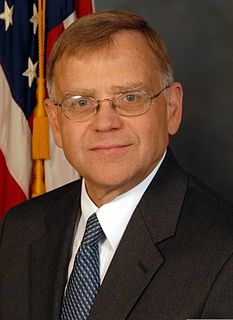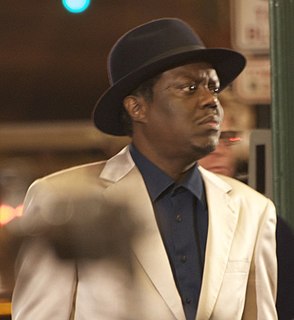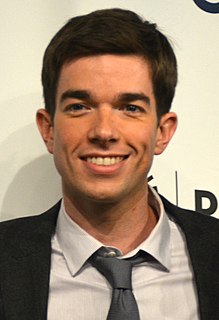A Quote by John E Ferling
An effective strategy almost always involves both doing something and not doing something, and knowing when to choose the right alternative. To succeed, the strategy that is chosen ultimately depends on the acquisition of as much information as possible.
Related Quotes
Stated in the simplest terms, the recognized solution to the problem of foodborne illness is a comprehensive prevention strategy that involves all participants in the food system, domestic and foreign, doing their part to minimize the likelihood of harmful contamination. And that is the strategy mandated by FSMA. It is not a strategy that assumes we can achieve a zero-risk food supply, but it is a strategy grounded in the conviction that we can better protect consumers and the economic vigor of the food system if everyone involved implements reasonably available measures to reduce risk.
Ultimately, what separates a winner from a loser at the grandmaster level is the willingness to do the unthinkable. A brilliant strategy is, certainly, a matter of intelligence, but intelligence without audaciousness is not enough. Given the opportunity, I must have the guts to explode the game, to upend my opponent's thinking and, in so doing, unnerve him. So it is in business: One does not succeed by sticking to convention. When your opponent can easily anticipate every move you make, your strategy deteriorates and becomes commoditized.
If your strategy calls for you to be in America, then you will go into America. If your strategy calls for you to be in M&A, then you'll do an acquisition. You usually acquire a company to acquire technology, geographic advantage, etc. Similarly, geographic expansion is very much like M&A. It's done to advance a strategy.
A good strategy is not always successful, but even an "inappropriate" strategy may be an actual strategy. A "bad strategy" is one that doesn't even try to address an important challenge. Instead, it speaks of aspirations, visions of the future, lays out performance goals, or simply lists a bunch of unconnected actions.
All you do as a performer is keep doing it. If you keep doing it, then it depends on why you're doing it. If you're doing something for superficial, monumental reasons and if you're doing it for female attention, or if you're doing it for money, it's like being upset. Only way you can get upset is when you expecting something. If you don't get this award or don't get that award, that because you expect something.
You know when you're doing something right and when you're doing something wrong. As long as you feel like you're doing something right, and you're getting rewarded, then you're successful. But, if you're judging it on, Well, if I had that, I'd be successful - that doesn't work. I think doing what you love is success. Pretty cheesy. But it's true.
You can talk all you want about having a clear purpose and strategy for your life, but ultimately this means nothing if you are not investing the resources you have in a way that is consistent with your strategy. In the end, a strategy is nothing but good intentions unless it's effectively implemented.
There's only what you choose, and how you can have it. If you choose peace and joy and love, you won't get much of it through what you're doing. If you choose happiness and contentment, you'll find little of that on the path of doingness. If you choose reunion with God, supreme knowing, deep understanding, endless compassion, total awareness, absolute fulfillment, you won't achieve much of that out of what you're doing.
But the U.S. has to be careful. If our strategy depends on Sunnis doing the fighting to clear Mosul and Ramadi - and, as near as I can tell, that is the strategy - then you have to be careful that Sunnis don't perceive the U.S. to be operating arm in arm with Iran or with Iranian-backed Shiite militias that Abadi - Prime Minister Abadi is using in Iraq, so that, in effect, we're fronting for Iran.
































